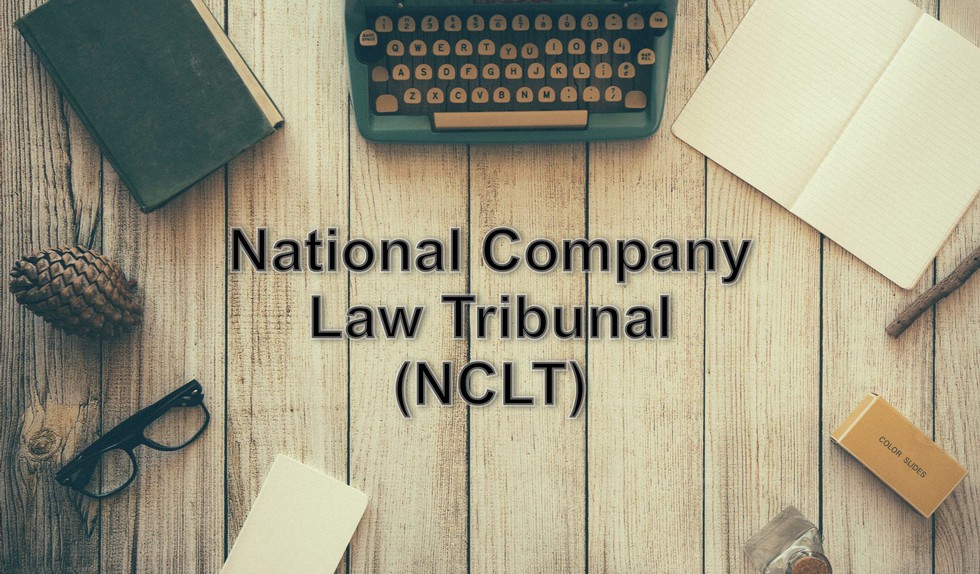
About National Company Law Tribunal (NCLT):
Astronomers have been scouring the ou...
The road to the COP29 to the United N...
The central government has given a ye...
Pakistani media outlets reported in t...
A Woman-led Start-up Developed ‘Divya...
Recently, JIMEX exercise–24 commenced...
Some of Ajanta paintings housed insid...
West Bengal’s Kalimpong is facing wid...
Why in news?
Recently, The Indian Air Force deploy...